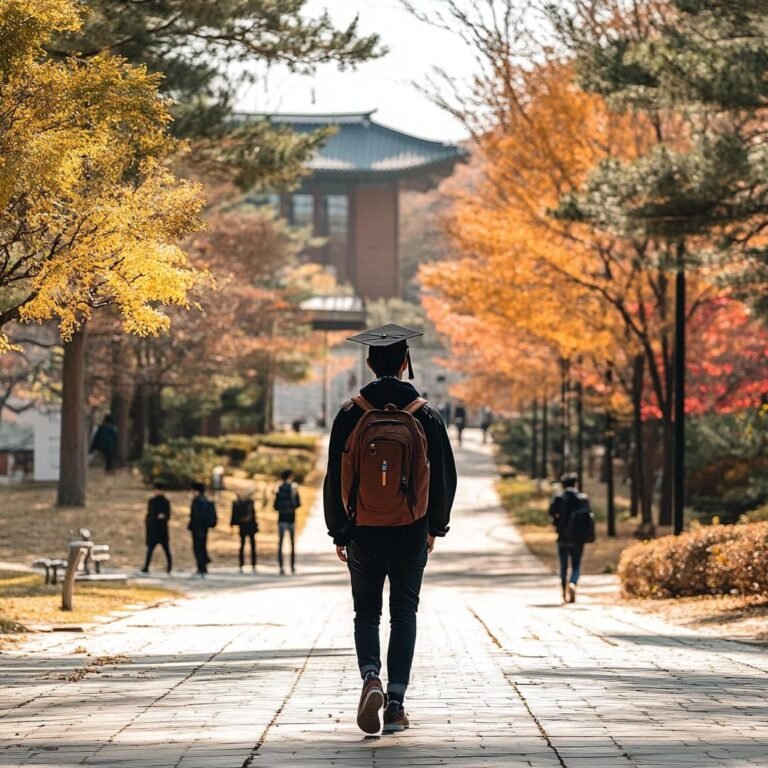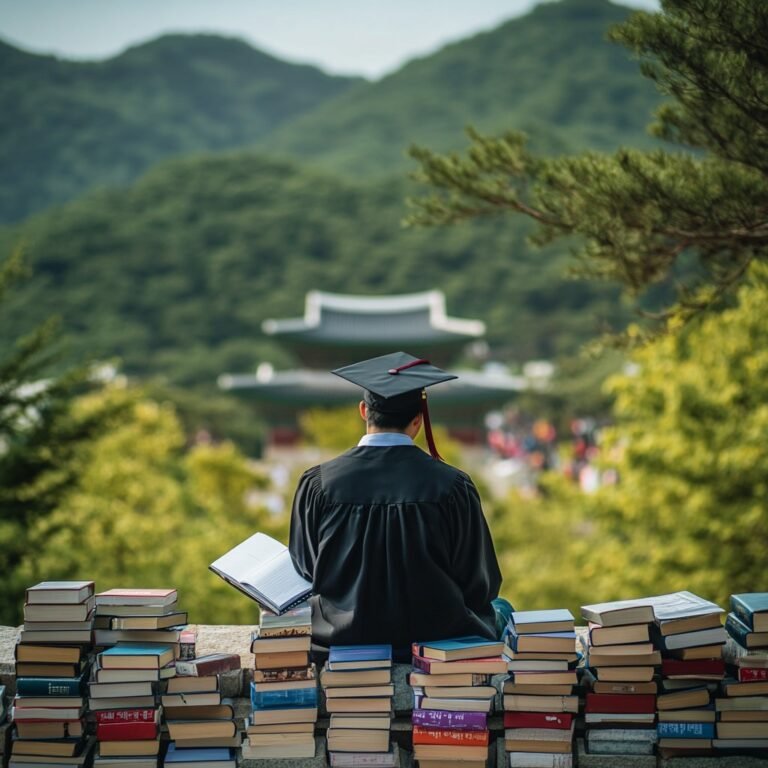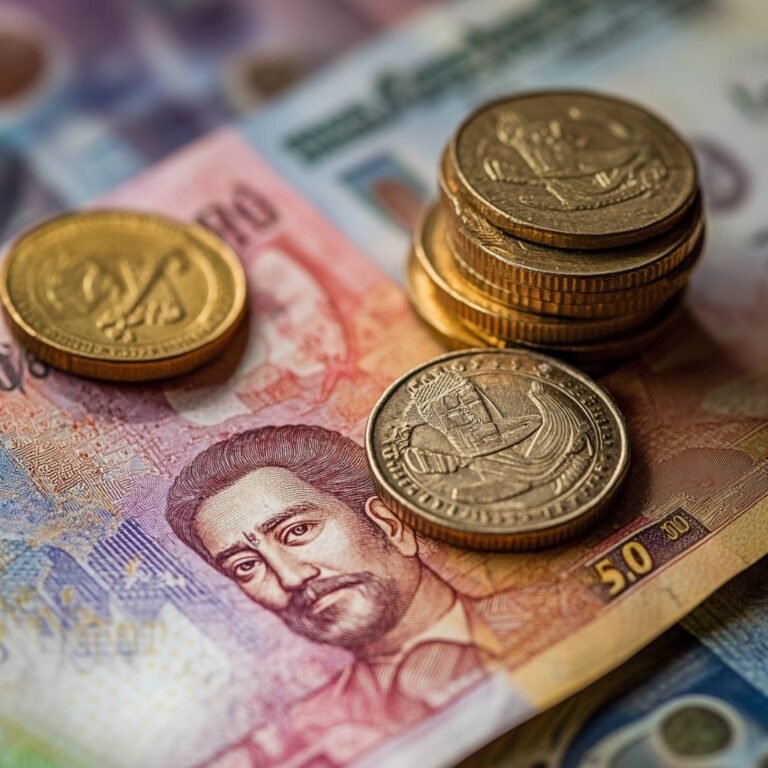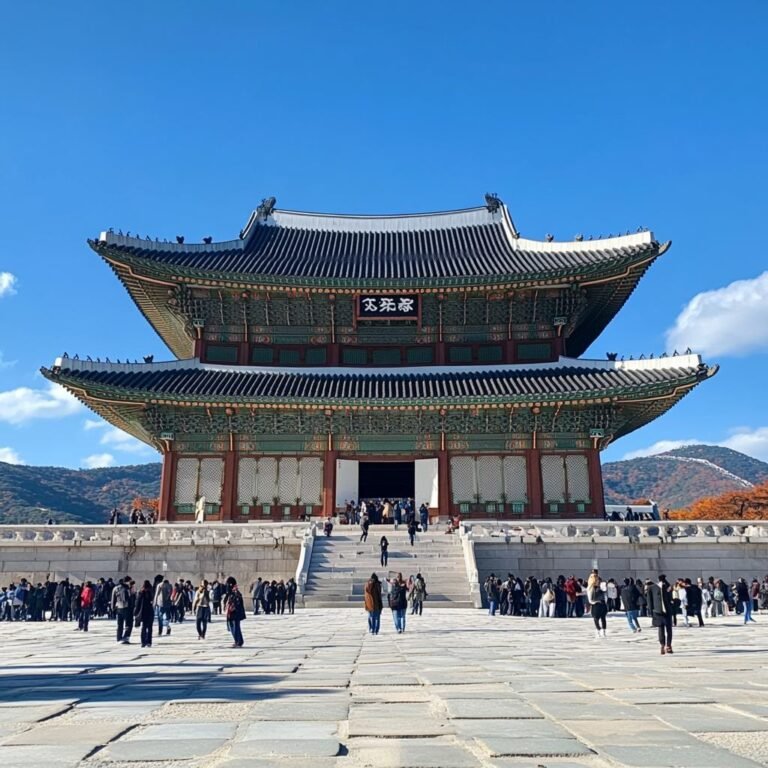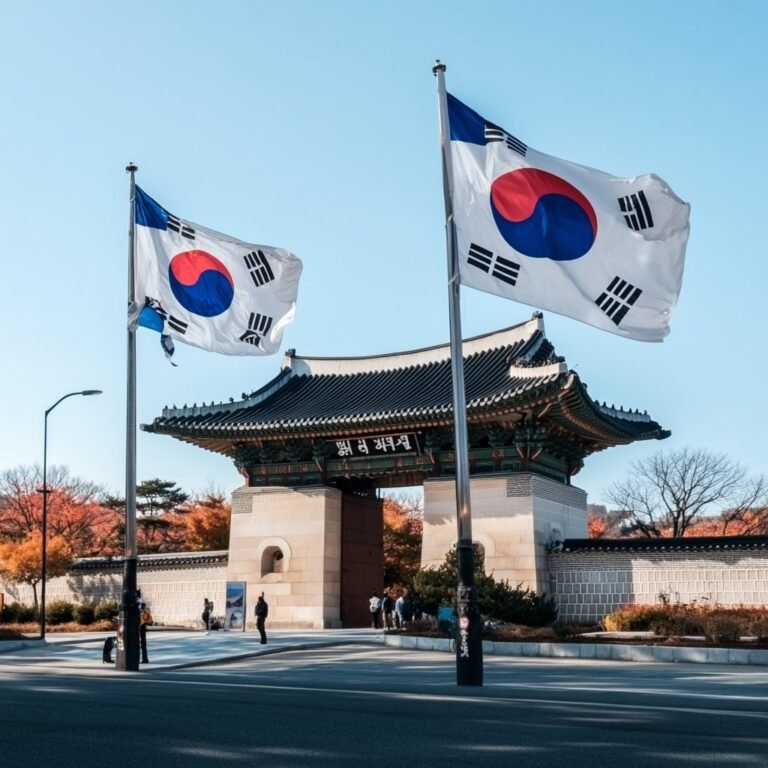How much gpa is required to study in korea from nepal?
Studying in Korea has become a popular dream for many Nepali students. The country offers many opportunities, from high-quality education to cultural experiences that are hard to match. But one of the most common questions students ask is, “What GPA is required to study in Korea?”
In this article, we will break down the GPA requirements to study in South Korea from Nepal, and we’ll also touch on other important academic factors, such as scholarships, alternative qualifications, and how to improve your chances of being accepted into a Korean university.
Why GPA Matters
First, let’s talk about why GPA (Grade Point Average) is important. Korean universities value academic performance, and your GPA is one of the key metrics they use to assess whether you’re a suitable candidate. A strong GPA reflects your commitment to studies, your academic abilities, and your potential to thrive in the demanding environment of higher education in Korea.
Typical GPA Requirements for Nepali Students
Different universities in Korea have different GPA requirements. While there is no universal GPA threshold, here’s a general idea of what’s expected:
- Top Universities (e.g., Seoul National University, Korea University, KAIST): If you are aiming for the top-tier universities in South Korea, you’ll need a minimum GPA of 3.5 out of 4.0 or equivalent. In Nepali terms, this roughly translates to a B+ average or higher. Top universities are extremely competitive, so even with a GPA of 3.5, you’ll need strong extracurriculars, a great personal statement, and recommendations.
- Mid-Tier Universities (e.g., Hankuk University of Foreign Studies, Hanyang University): For mid-tier universities, the GPA requirement is generally lower. You’ll typically need a minimum GPA of 2.7 to 3.0 out of 4.0. This equates to around a C+ or B average. However, keep in mind that while GPA requirements may be more lenient, strong academic performance in subjects relevant to your intended course of study can still help boost your chances.
- Scholarship Programs: If you are aiming for a scholarship, particularly the Global Korea Scholarship (GKS), your GPA should be at least 80% or above in your previous academic institution. This translates to around 3.0 out of 4.0 in most GPA systems, but some scholarship programs may have more specific criteria depending on the course or university.
Also read about: How Much Nepali Students Earn in Korea?
GPA Conversion and Nepali Grading System
Since GPA systems vary from country to country, it’s important to understand how to convert your Nepali grades to the Korean GPA system.
- Nepal’s SLC/SEE: In the current Nepali grading system for the SLC/SEE, the highest GPA is 4.0. For Korean universities, your GPA from SLC/SEE can be directly compared to their grading systems.
- +2 or A-Levels: For students completing their higher secondary education in Nepal, either under NEB (+2) or A-Levels, your grades will likely be converted into a comparable GPA. Korean universities may request official documents outlining your grading system and conversion charts.
How to Increase Your Chances with a Low GPA
Worried that your GPA might not be high enough? Don’t stress too much—there are ways to strengthen your application even if your GPA falls below the average requirements.
- Extracurricular Activities: Korean universities value well-rounded students. If you have a low GPA, focus on showcasing your involvement in extracurriculars like volunteering, sports, leadership roles, and more.
- Strong Recommendation Letters: A good recommendation letter from teachers or mentors who know you well can make a big difference. Highlight your strengths, work ethic, and dedication in these letters to supplement your GPA.
- Exceptional Personal Statement: Your statement is your chance to shine beyond your GPA. Be genuine about your academic journey and your passion for studying in Korea. Explain any challenges you faced that may have affected your GPA and how you’ve grown from those experiences.
- Language Skills: While not always required, proficiency in Korean (TOPIK score) or English (IELTS/TOEFL) can significantly boost your chances. Universities often look for students who can easily integrate into the local culture and classroom environments.
- Relevant Work Experience: If you’ve done internships or worked in a field relevant to your intended study area, highlight that in your application. It shows dedication and practical knowledge that might compensate for a lower GPA.
Also read about: S. Korea Student Visa Application Guide for Nepali Students
Scholarships for Nepali Students
Korea offers several scholarship opportunities for international students, including Nepali students. These scholarships can be highly competitive and may require a certain GPA threshold.
- Global Korea Scholarship (GKS): This is the most prestigious scholarship for international students, and it covers tuition, airfare, and a monthly stipend. To qualify, you’ll need a GPA of 3.0 or above, although the competition can be fierce.
Read more about the GKS scholarship. - University-Specific Scholarships: Many Korean universities offer scholarships specifically for international students. These scholarships might have lower GPA requirements but may require you to maintain a certain GPA throughout your studies.
Explore scholarships at Seoul National University.
Other Admission Requirements
Besides GPA, universities in Korea may ask for additional documents and qualifications. Here’s what you’ll generally need to prepare:
- Language Proficiency: As mentioned earlier, a good TOPIK (Test of Proficiency in Korean) or IELTS/TOEFL score can make a significant difference. Most undergraduate programs require at least TOPIK Level 3 or equivalent English proficiency.
- Financial Proof: Universities in Korea require students to show proof of financial stability. You’ll need to demonstrate that you can cover your tuition and living expenses for at least the first year of study.
- Entrance Exams: Some programs may require specific entrance exams. For example, STEM fields might require you to submit math or science test scores.
Read article: Student Visa Requirements for Studying in Korea from Nepal: A Detailed Guide
Conclusion
In summary, the GPA requirements for Nepali students who wish to study in Korea can vary based on the university and program. While top universities may ask for a GPA of 3.5 or higher, many mid-tier institutions have more lenient requirements, and a GPA of 2.7 to 3.0 is often acceptable. However, your GPA is just one part of your application, and you can still strengthen your chances through extracurriculars, language proficiency, and a strong personal statement.
Studying in Korea is a fantastic opportunity, and with careful planning and determination, you can achieve your dream.
Let Us Assist You!
Are you ready to embark on your educational journey to Korea? Need help with university applications, scholarships, or visa processes? Contact our team of experts at Study in Korea from Nepal for personalized support and guidance.
From ensuring your applications are meticulously prepared to advising on the nuances of studying abroad, we’re here to assist you in every step. Don’t let the complexities of international education hold you back.
Contact us today to start your adventure in Korea!


